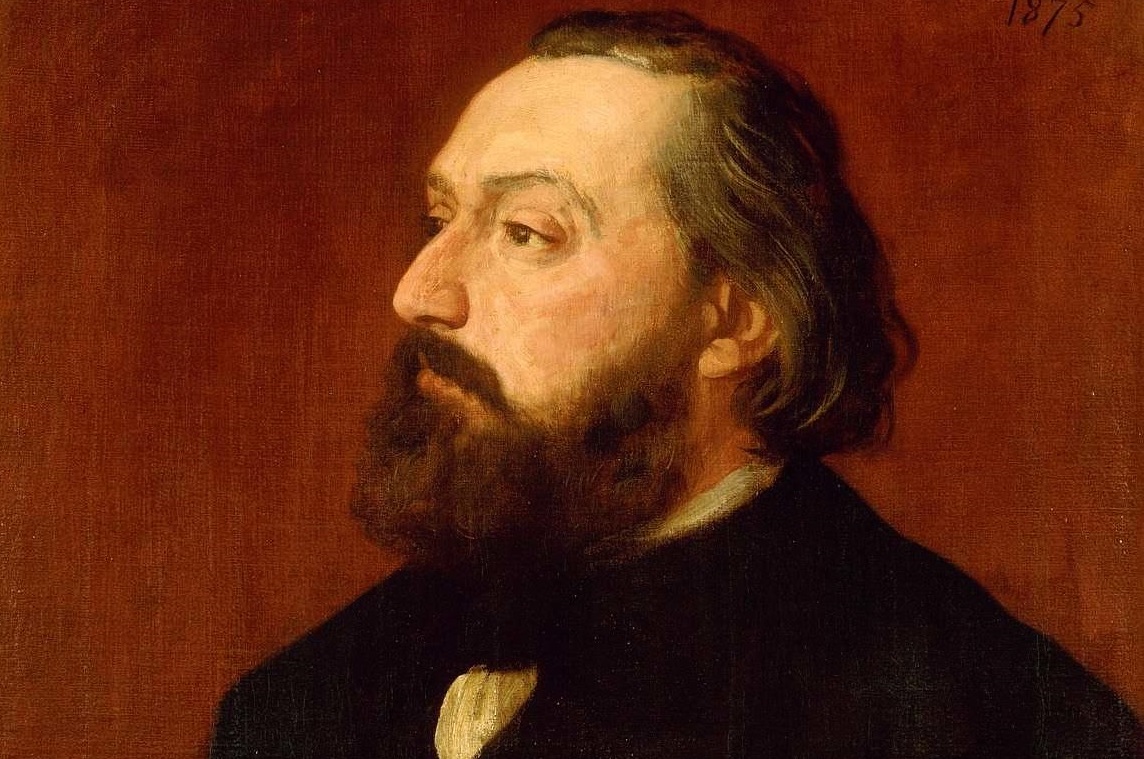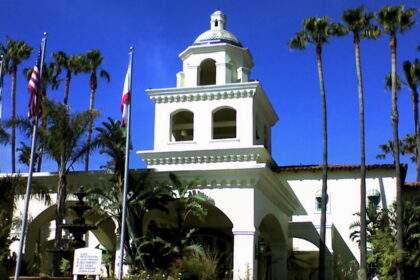Leon Gambetta was a French statesman, prominent during and after the Franco-Prussian War. Take a look below for 25 more awesome and fascinating facts about Leon Gambetta.
1. Born at Cahors, Gambetta is said to have inherited his vigor and eloquence from his father, a Genoese grocer who had married a French woman named Massabie.
2. At the age of fifteen, Gambetta lost the sight of his right eye in an accident, and it eventually had to be removed.
3. Despite this handicap, he distinguished himself at school in Cahors, and in 1857 went to Paris to study law.
4. His temperament gave him great influence among the students of the Quartier latin, and he was soon known as an inveterate enemy of the imperial government.
5. Gambetta was called to the bar in 1859.
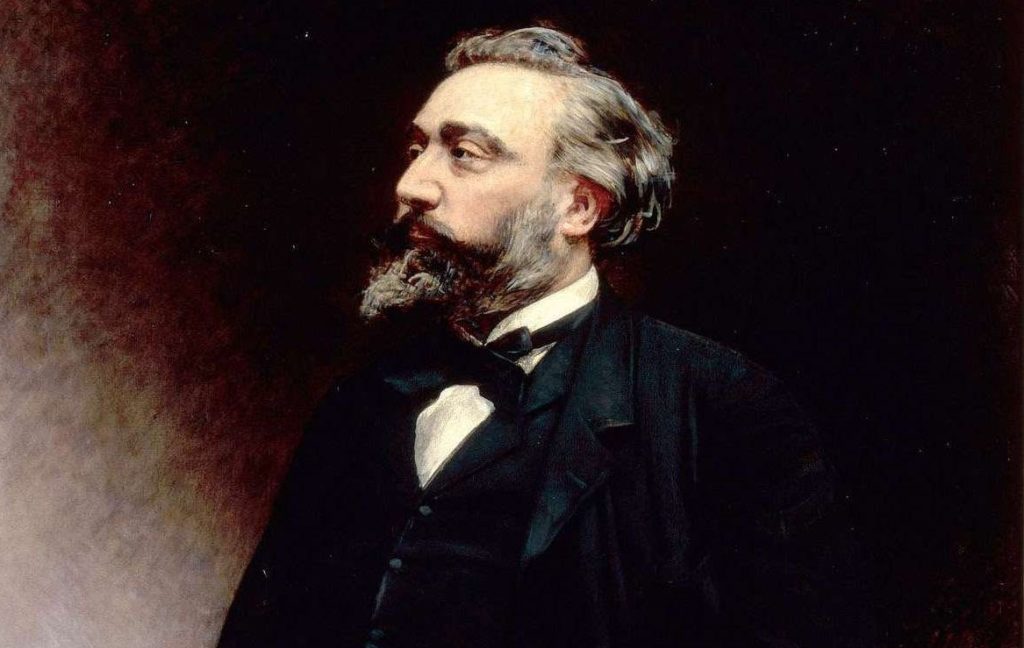
6. He was admitted to the Conférence Molé in 1861 and wrote to his father, “It is no mere lawyers club, but a veritable political assembly with a left, a right, a center; legislative proposals are the sole subject of discussion. It is there that are formed all the political men of France; it is a veritable training ground for the tribune.”
7. Gambetta, like many other French orators, learned the art of public speaking at the Molé. However, although he contributed to a Liberal review edited by Challemel-Lacour, Gambetta did not make much of an impression until, on 17 November 1868, he was selected to defend the journalist Delescluze.
8. Delescluze was being prosecuted for having promoted a monument to the representative Baudin, who had been killed while resisting the coup d’état of 1851, and Gambetta seized his opportunity to attack both the coup d’état and the government with a vigor which made him immediately famous.
9. In May 1869, he was elected to the Assembly, both by a district in Paris and another in Marseille, defeating Hippolyte Carnot for the former constituency and Adolphe Thiers and Ferdinand de Lesseps for the latter.
10. Early in his political career, Gambetta was influenced by Le Programme de Belleville, the seventeen statutes that defined the radical program in French politics throughout the Third Republic.
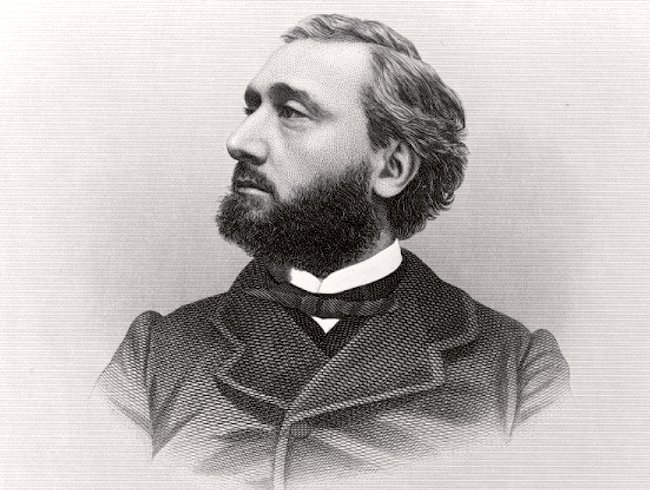
11. On 17 January 1870, he spoke out against naming a new Imperial Lord Privy Seal, putting him into direct conflict with the regime’s de facto prime minister, Emile Ollivier.
12. Gambetta had hoped for a republican majority in the general elections on 8 February 1871. These hopes vanished when the conservatives and Monarchists won nearly 2/3 of the six hundred Assembly seats.
13. He had won elections in eight different départements, but the ultimate victor was the Orléanist Adolphe Thiers, winner of twenty-three elections.
14. Hoping to continue his policy of “guerre à outrance” against the Prussian invaders, he tried in vain to rally the Assembly to the war cause. However, Thiers’ peace treaty on 1 March 1871 ended the conflict. Gambetta, disgusted with the Assembly’s unwillingness to fight resigned and quit France for San Sebastián in Spain.
15. While in San Sebastián, Gambetta walked the beaches daily, the warm sea winds of early spring doing little to refresh his mind. Meanwhile, the Paris Commune had taken control of the city.
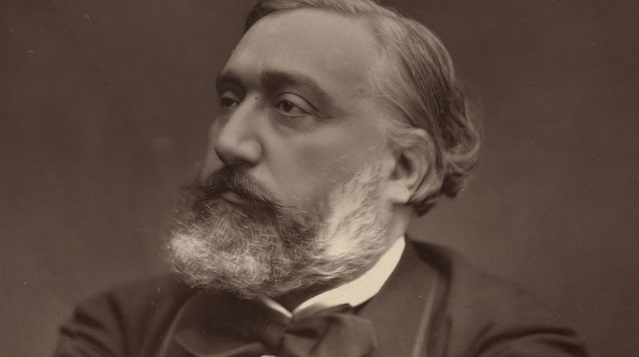
16. Despite his earlier career, Gambetta voiced his opposition to the Commune in a letter to Antonin Proust, his former secretary while Minister of the Interior, in which he referred to the Commune as “the ghastly madness blighting what remains of our poor France. ”
17. The romance of his life was his connection with Léonie Léon, the full details of which were not known to the public till her death in 1906.
18. She was the daughter of a creole French artillery officer.
19. Gambetta fell in love with her in 1871.
20. She became his mistress, and the liaison lasted until he died.
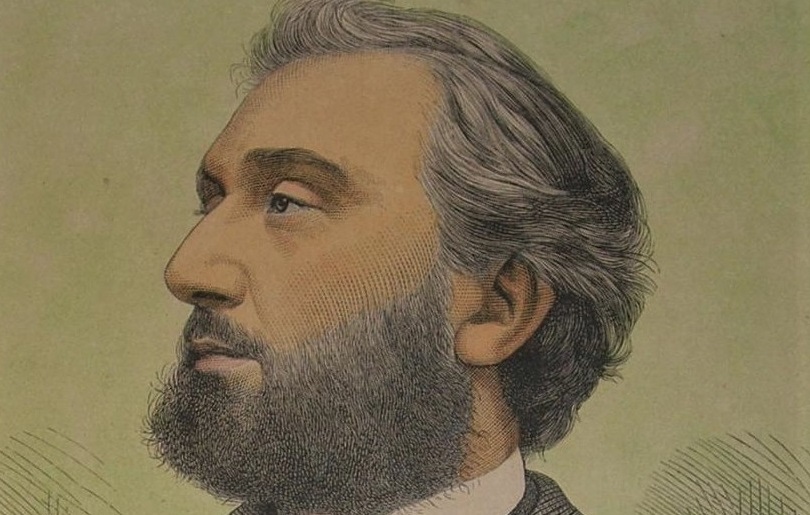
21. Gambetta constantly urged her to marry him during this period, but she always refused, fearing to compromise his career; she remained, however, his confidante and intimate adviser in all his political plans.
22. It seems she had just consented to become his wife, and the date of the marriage had been fixed, when the accident which caused his death occurred in her presence.
23. Contradictory accounts of this fatal episode exist, but it was certainly accidental, and not suicide.
24. Her influence on Gambetta was absorbing, both as lover and as politician, and the correspondence which has been published shows how much he depended upon her.
25. In April 1905 a monument by Dalou to his memory at Bordeaux was unveiled by President Loubet.

